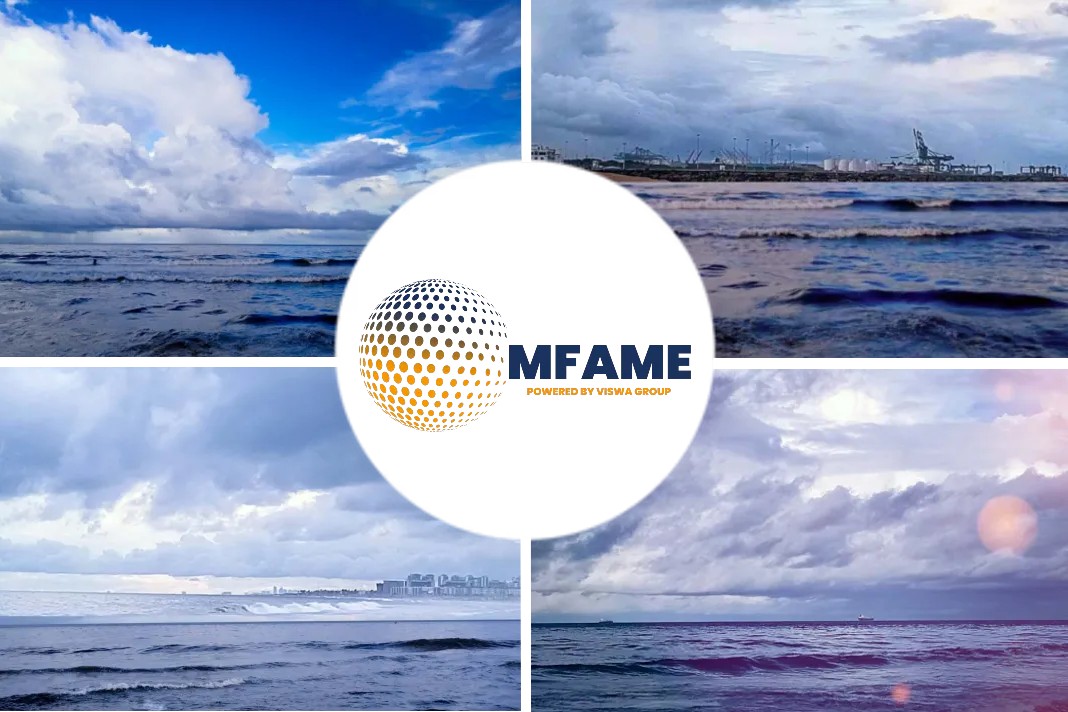Costa Group vice president and chief executive of Ecospray Technologies Franco Porcellacchia relayed his experiences of scrubbers during the second day of the Maritime Air Pollution & Fuel Technologies Conference, Europe, in Amsterdam, reports Riviera.
Large number of scrubbers
Speaking at the Maritime Air Pollution & Fuel Technologies Conference, Europe, Mr Porcellacchia said the company had more than 350 scrubbers fitted across the Costa Group fleet.
The reason for such a large number of scrubbers was due to each cruise ship having four to six large diesel electric generators plus a range of auxiliary engines, “We are talking about a massive number of these generators installed on our fleet.”
He added Ecospray has delivered around 700 scrubbers, with approximately 350 scrubbers for the group’s Carnival vessels.
He noted the Carnival scrubber installation programme is almost complete and the programme to install on newbuildings will continue, “We will complete this programme in 2025,” he said.
Why did Costa choose Ecospray as its partner?
Mr Porcellacchia said Ecospray had demonstrable experience with land-based exhaust gas cleaning equipment but no experience in the maritime sector.
Costa provided the maritime expertise for a pilot scrubber project that commenced in 2010 on the Cunard brand cruise ship Queen Victoria, with a scrubber installed on one of the diesel engines with an output of approximately 9 kW.
“We needed some time to fine tune the project – we learned a lot,” he said, “With continuous improvement we arrived at a solution that was satisfactory for us.”
He added the data shows the Ecospray scrubber system is highly reliable with 95% availability across 700 port calls globally each year conducted by the Group’s vessels.
One of the themes of Maritime Air Pollution & Fuel Technologies Conference, Europe was corrosion in scrubbers and Mr Porcellacchia said there has been no experience of corrosion with the Ecospray scrubber. “The body is made of stainless steel, actually SMO 254, and I see there is a representative from Outokumpo (the manufacturer) here today.”
He said in the initial stages of scrubber development and adaption, there were issues with monitoring and gas analysis equipment but this was overcome, with training very important in this respect.
Another lesson learned was to always have a sufficient spare parts and consumables readily available.
Having data readily available was also important in the early days of scrubber operation – he noted there was resistance from some port authorities toward scrubbers, but this was overcome with data showing the efficiency of operation.
In closing, he mentioned the company has several dual-fuel LNG powered vessels in its newbuilding programme.
Mr Porcellacchia led the company through an extensive fuel saving programme in the 2010s and the latest project is onboard carbon capture – no doubt a topic for the next Maritime Air Pollution & Fuel Technologies Conference.
Did you subscribe to our daily Newsletter?
It’s Free! Click here to Subscribe
Source: Riviera























![[Podcast] Updates on the Work Around IMO’s Net Zero Framework](https://mfame.guru/wp-content/uploads/2023/11/mfame-container.jpg)
